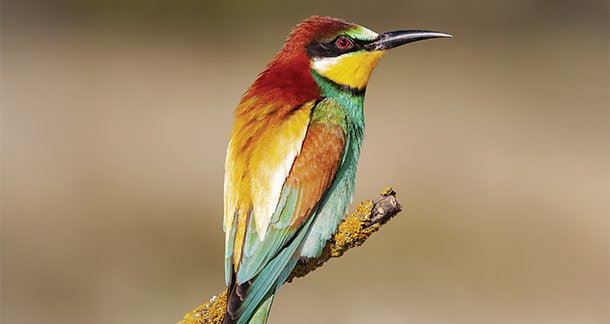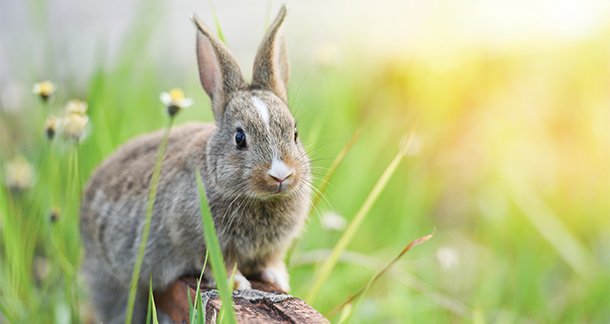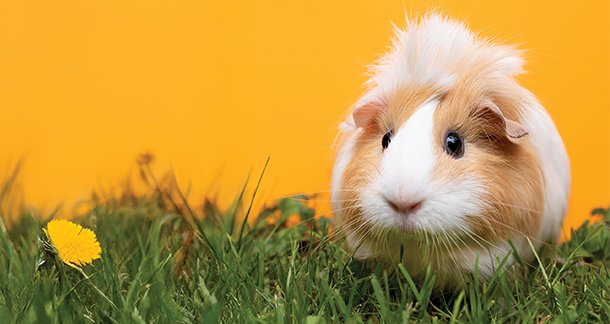Fatigue in small animals like rabbits, guinea pigs, hamsters, birds, and ferrets can be subtle yet concerning. Unlike larger pets, these small companions are more sensitive to changes in their environment, diet, and routine. Their energy levels can dip quickly due to stress, poor nutrition, or underlying health issues. Recognizing and addressing fatigue early on is key to preventing further complications and ensuring their overall well-being. Below are healthy and proactive strategies to manage fatigue in small animals.
Identifying the Signs of Fatigue
The first step in addressing fatigue is to recognize the signs. Small animals often mask symptoms of illness, so changes can be easy to overlook. Look out for decreased movement or reluctance to play, prolonged periods of sleep or hiding, a dull coat or fluffed-up feathers, reduced appetite or water intake, and limp posture or a hunched position. These behaviors are sometimes mistaken for rest or timidity. However, when these signs are new or unusual for your pet, they may be early indicators of fatigue or health concerns.
Ensuring Proper Nutrition
A poor or imbalanced diet is one of the most common causes of lethargy. Each species has its own dietary needs. Rabbits and guinea pigs require a high-fiber diet primarily based on hay, along with fresh vegetables and species-specific pellets. Hamsters and gerbils thrive on a mix of grains, seeds, and occasional protein. Birds benefit from a varied diet that includes pellets, seeds, fruits, and vegetables. Ferrets, being obligate carnivores, need a high-protein, meat-based diet. Some pets, like guinea pigs, need vitamin C supplements, while birds may require calcium. It’s always best to consult a vet before introducing any supplements, as incorrect dosing can do more harm than good.

Hydration is Key
Dehydration can quickly sap energy in small animals. It’s important to provide clean, fresh water at all times. Water bottles should be checked regularly to ensure they aren’t blocked, and bowls should be stable to prevent tipping. In cases of heat stress or illness, species-safe electrolyte solutions can be used to help rehydrate small pets like birds or rodents, but only under veterinary guidance.
Creating a Comfortable Environment
A stable and comforting environment is essential for small animal wellness. Fatigue can often result from environmental stress. Keep enclosures clean, well-ventilated, and at a consistent, comfortable temperature. Avoid loud noises, excessive handling, or sudden disturbances. Natural lighting helps regulate their biological rhythms, especially in birds. Soft bedding, hideouts, and nesting materials provide security and help your pet feel safe enough to rest and recharge.
Encouraging Mental and Physical Stimulation
Just like humans, small animals can suffer from boredom-induced fatigue. Enrichment is essential to keep them alert and engaged. Offer tunnels, chew toys, and climbing structures for rodents and rabbits. Birds enjoy ladders, mirrors, and foraging toys. Safe, supervised out-of-cage playtime also helps stimulate both mind and body. Enrichment reduces stress, improves mood, and can significantly boost overall activity levels.
Monitoring for Underlying Health Conditions
Sometimes, fatigue signals a deeper health issue. Common ailments like respiratory infections, digestive troubles, dental problems, or parasitic infestations can reduce your pet’s energy levels. Small animals are experts at hiding illness, so subtle behavioral changes should never be ignored. Regular checkups with a vet who specializes in small or exotic pets are essential. Keeping a journal of your pet’s habits, diet, and energy levels can be helpful for early diagnosis.

Avoiding Overexertion
While exercise is important, overexertion, especially during hot weather or overly enthusiastic play—can exhaust small animals. This is especially true for children interacting with pets who may not recognize their limits. Always monitor play sessions and give your pet time to rest. Heatstroke is a real danger, particularly for small mammals and birds, so ensure they have a cool place to relax.
Understanding Social Needs
The social nature of your pet can also influence their energy levels. Animals like guinea pigs and birds are social creatures that can become depressed or lethargic if left alone for too long. On the other hand, solitary animals like Syrian hamsters may experience stress if constantly disturbed. Understanding your pet’s social preferences helps prevent fatigue caused by loneliness or overstimulation.
Final Thoughts
Fatigue in small animals should never be brushed off as laziness or mere sleepiness. It’s often a sign that something in their routine, diet, or environment needs attention. By ensuring proper nutrition, hydration, environmental comfort, mental stimulation, and timely medical care, pet owners can support their small companions in living energetic and happy lives. When in doubt, consulting a veterinarian is the safest and most responsible action.

